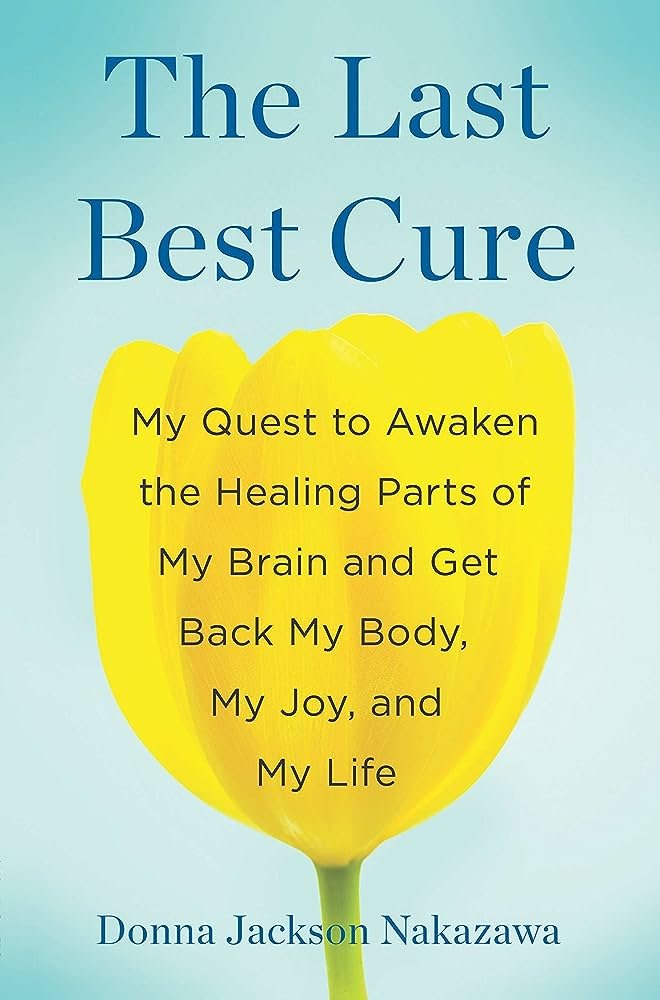This is a resource page for individuals diagnosed with, or seeking diagnosis for
Nociplastic Pain
also known as
Chronic Primary Pain
… also known as Mindbody Syndrome, Tension Myositis Syndrome, Psychophysiologic Disorder or Central Sensitisation
The latest version of the International Classification of Diseases recognises ‘Chronic Primary Pain’ as a new diagnosis.
This diagnosis is the correct diagnosis for the majority of persisting pain complaints. It highlights that tissue damage is not the core mechanism driving the ongoing pain experience, even if it might have been the trigger. Instead, social, psychological, emotional, neurobiological, and learned responses are the factors at play. The great news is that by using a bioplastic approach, the treatment for Chronic Primary Pain is very effective.
A little word on this diagnosis
It’s a common reaction for individuals to feel a little affronted by a diagnosis of nociplastic pain or Mindbody Syndrome (MBS). There’s usually a thought like “But this isn’t in my head”! I want to assure you, that your pain and other symptoms are real, are not made up or ‘psychological’, and are not due to anything you have done wrong! Also, you are not alone, it is estimated that 40% of all GP visits are because of medically unexplained symptoms. This is about being human.
What we need to do here is better understand what Mindbody Syndrome is. Firstly, MBS is really common! Studies tell us that between 20-40% of individuals presenting to a GP are presenting with very real, often severe physical symptoms, caused by an emotional or stress-related condition.
Let’s break it down a little. Our daily lives are filled with psycho-physiologic events because, after all, our brain is interconnected with the rest of our body. These events are unconscious and driven by emotional and cognitive habits, producing physiological responses.
For example, typing without consciously thinking about finger movements or experiencing hunger when thinking of delicious food are manifestations of the mind instructing the body. Imagine biting into a juicy fresh cut lemon, can you notice salvation in the mouth? When something is going wrong, do you notice a knot in your stomach? When you feel embarrassed, does your face go red? When you feel sad or happy, can tears come out of your eyeballs? When you think sexually arousing thoughts or images, does your body respond? Are you having conscious thought to instruct your lungs to breathe? Lungs removed from the human body do not breathe on their own. Instead, the autonomic nervous system sends messages to the lungs so they can breathe without conscious control.
Here’s another example of how the unconscious mind shows up in our lives. Imagine you went to a foreign country in which you did not understand the language. Everything you hear would be experienced like sounds, music almost. Now try to imagine that same experience of experiencing talking as ‘sounds’, while someone is speaking to you in English. You can’t do it, right? Because automatically, without your conscious control, your brain is creating meaning out of those words, and you hear them as words, not sounds! This is what happens with certain triggers when our symptoms are caused by our autonomic nervous system. Our brain has learned to protect us by turning on a pain response (I’m not safe) and this is completely outside of our conscious control or awareness. While this may have been protective initially, the longer pain continues, the more it becomes an unhelpful ‘habit’.
So this idea of psycho-physiologic (mindbody) states is just part of being a human.
Next, we have to understand that your feelings have a direct impact on your body. When recalling a time of intense anger, you likely experienced changes in heart rate, breath, and muscle tension without consciously controlling them. Similarly, MBS pain arises from learned neural pathways built during past traumas and emotional events, and the brain uses physical symptoms such as pain as a way to express and cope with certain powerful negative feelings, hoping to get your attention, to make you stop and listen. Unfortunately, the biomedical hamster wheel we get sent on, the business of our lives, and perhaps the lack of tools we have for emotional awareness and expression, prevent a lot of timely healing from taking place.
Add to this any fear, anxiety, or stress around the possibility of structural issues or physical disease, worsening pain or interference with life, or well-intended but often counter-productive self-criticism to overcome pain and achieve life goals can amplify the pain. You see, as sophisticated as our brains are, they can’t distinguish between physical or psychological/emotional threats. If not examined, the repeated playing-out of these physiologic or neurobiological ‘habits’ only strengthens neural pathways of protection.
Thorough examination and history-taking can rule out whether the structural components of your story are the most dominant drivers of your pain experience, or not. When structural aspects have been ruled out, we can shift toward a diagnosis of MBS. Once confirmed, this diagnosis is crucial for healing as it leads to a distinct treatment pathway, different from addressing organic causes. Now the treatment goal is to develop alternative ways of handling subconscious feelings instead of somatizing them. That said, presentations are not ever purely biomedical or purely Mindbody, and there is often benefit in piggybacking Mindbody treatment onto standard biomedical care, even in the presence of organic disease. This is particularly true if the impact and disability caused by the symptom(s), is out of proportion to the structural abnormality found.
Doubts are normal. “How can such strong, severe, unrelenting physical symptoms be caused by emotions or stress or my autonomic nervous system and brain?” At this stage consider being curious about whether stress and/or repressed emotions may play a role in activating your protection system. This perspective differs from the mainstream biomedical, body-based lens of approaching pain and other symptoms. But perhaps you are ready for shifting gears? What have you got to lose? Except for your pain of course!
You may already have guessed that MBS is not just relevant for chronic pain, but many physiological symptoms.
Some examples of diagnoses/conditions:
Back pain, including most disc bulges and degenerative changes
Neck pain, including most disc bulges and degenerative changes
Other musculoskeletal pain
Chronic headaches
Migraine
Irritable Bowel Syndrome (IBS)
Irritable Bladder Syndrome
Tendinitis
Carpal Tunnel Syndrome
Tennis elbow
CRPS
Fibromyalgia
Many eczema/skin conditions
Some arthritic conditions
Some endometriosis presentations
Some interstitial cystitis presentations
Depression
Anxiety
Other medically unexplained chronic pain
Other medically unexplained chronic fatigue
Watch this video for a rather sweet overview…
“The mind is like the wind and the body is like the sand.
If you want to see how the wind is blowing, you can look at the sand.”
For an introduction to this work, we go back to its founder, Dr. Jon Sarno
Books on Mindbody Syndrome by renown authors:
Related reading by renown authors:
If podcasts are more your thing…
For real stories of recovery…
Websites to explore:
BackinControl.com - Dr David Hanscom (PPDA Board)
CurableHealth.com - A mobile app for treating Mindbody Syndrome by severall PPDA Board members
MindBodyMedicine.com - Dr David Schechter
PainPsychologyCenter.com - Alan Gordon (PPDA Co-Founder and Board Member & Clinical Psychologist)
PathwaysToPainRelief.com - Frances Sommer Anderson PhD and Eric Sherman, PsyD (both PPDA CO-Founders)
Resolvingchronicpain.com - Mags Clark Smith writes a regular blog about different aspects of PPD, with a focus on pregnancy-related Pelvic Girdle Pain
SIRPA.org - The Stress Illness Recovery Practitioners Association founded in the U.K. by Georgie Oldfield
StressIllness.com - Dr David Clarke (PPDA President and CO-Founder)
UnlearnYourPain.com - Dr. Howard Schubiner (PPDA Co-Founder)





















